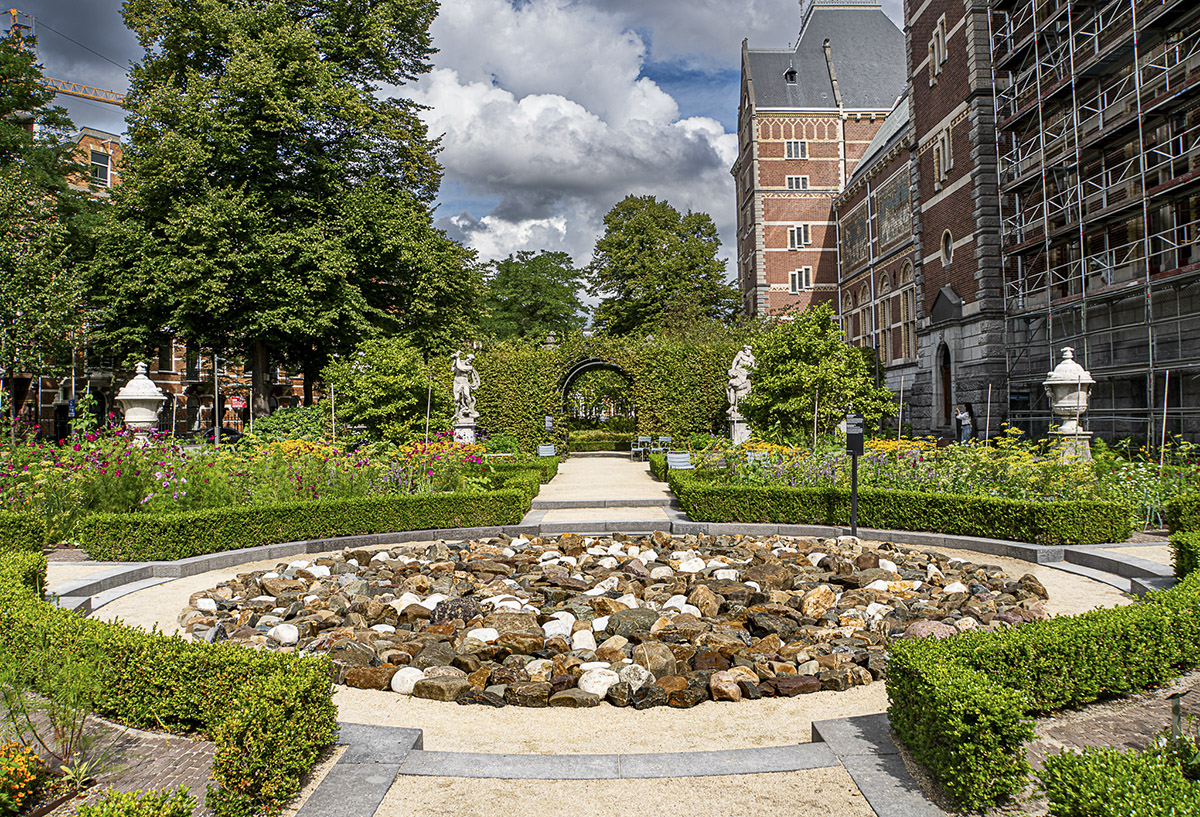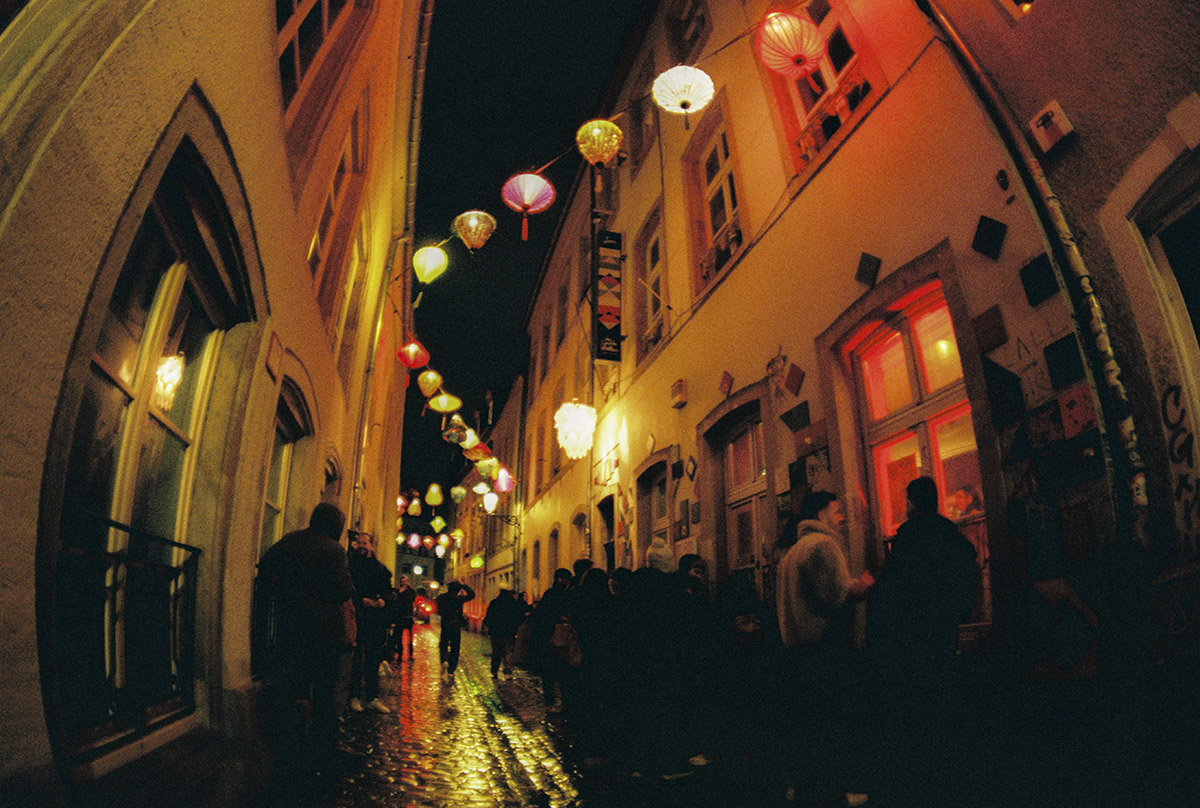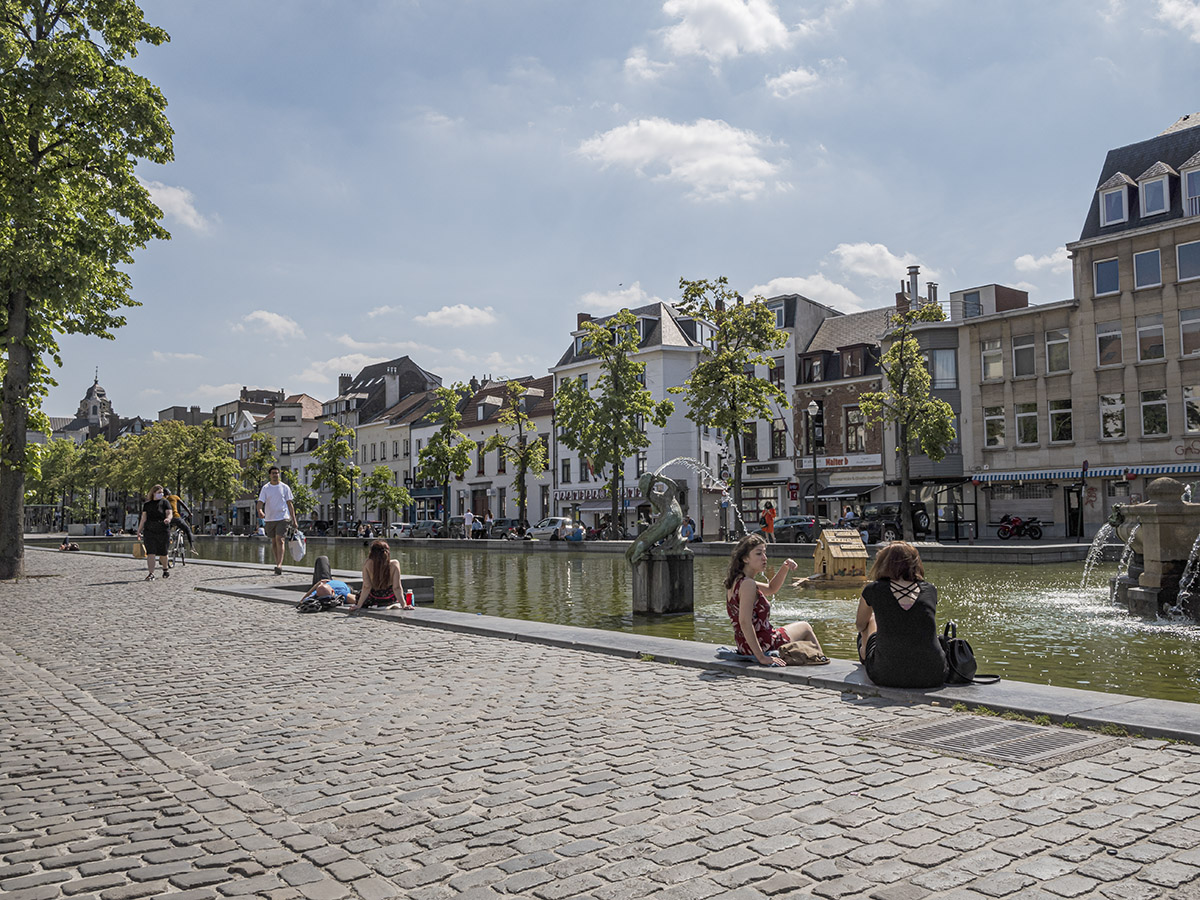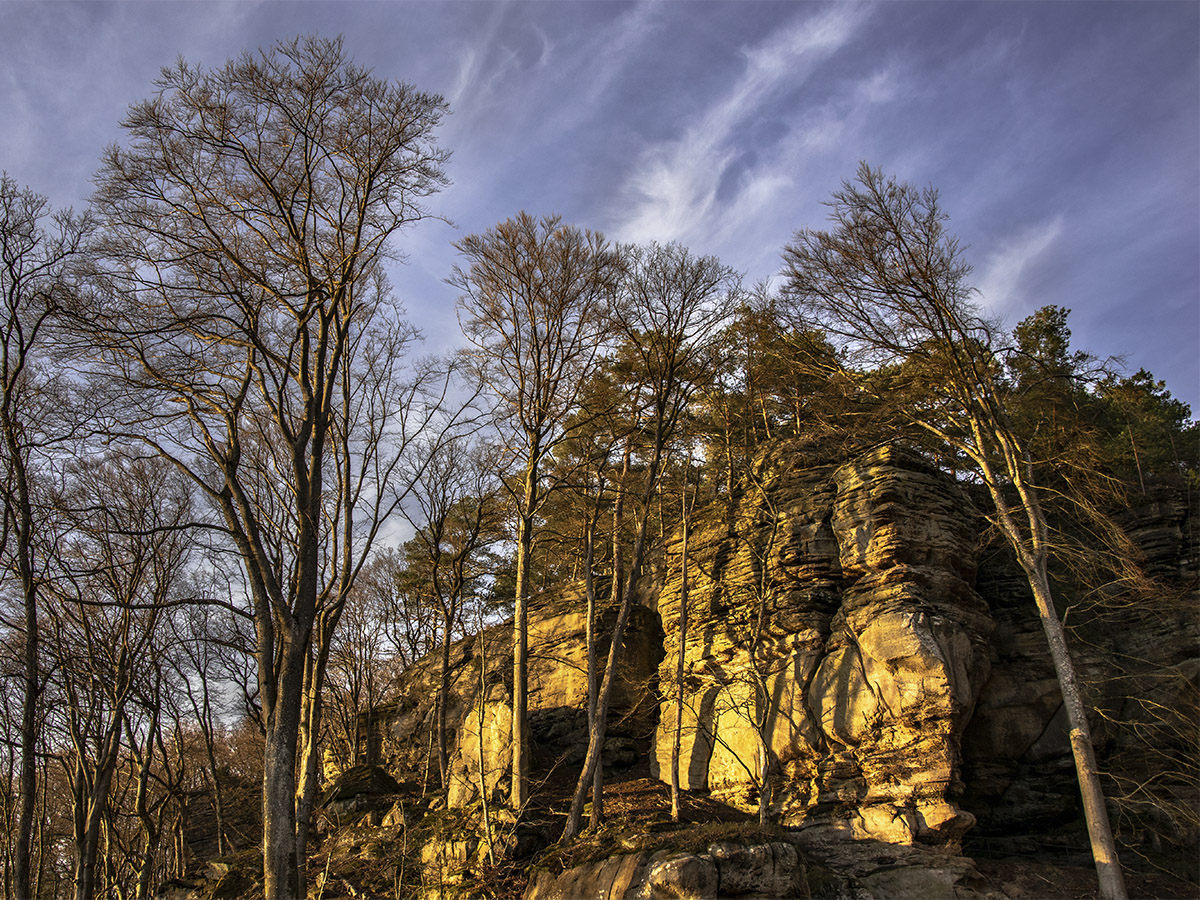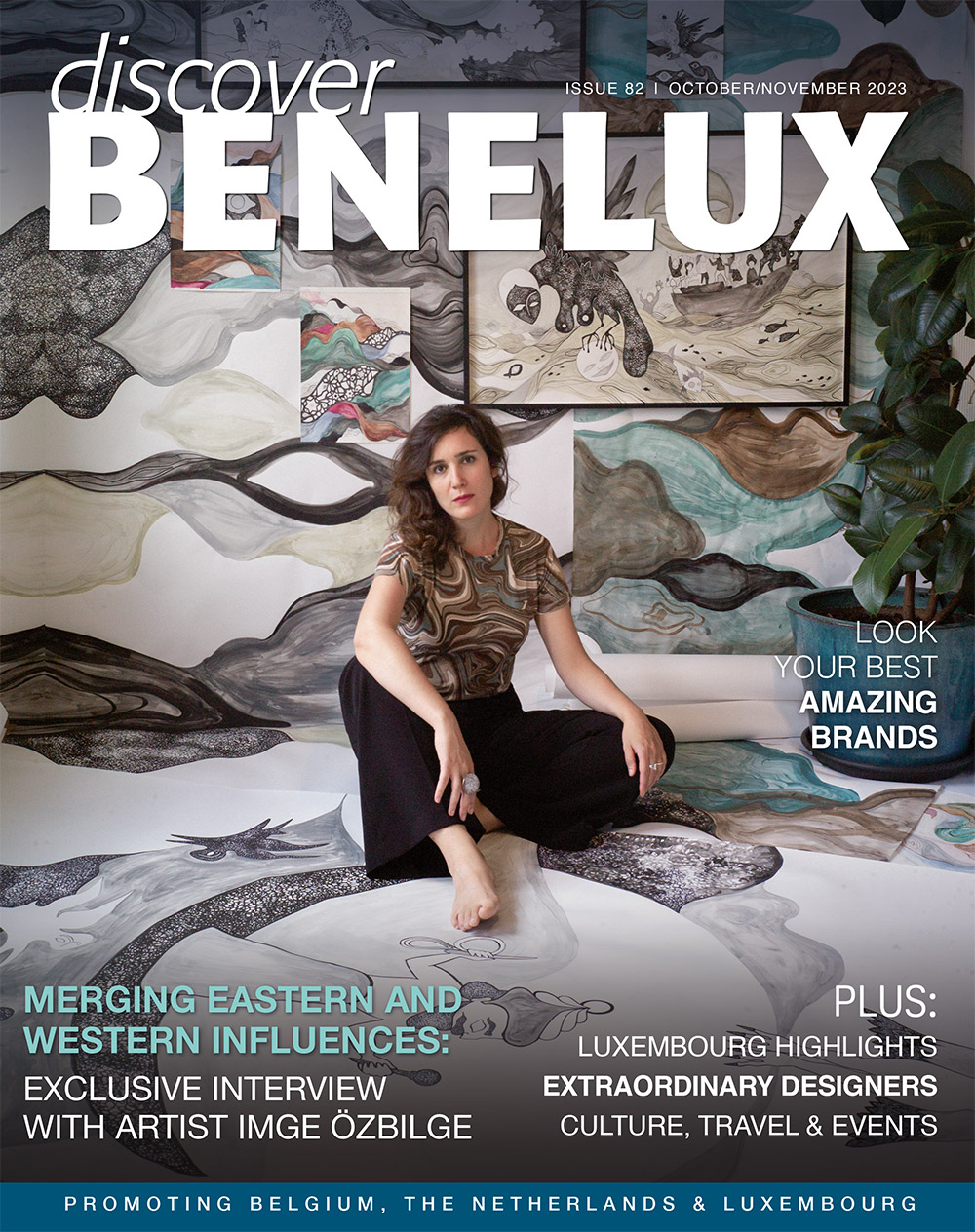Kass-Haff
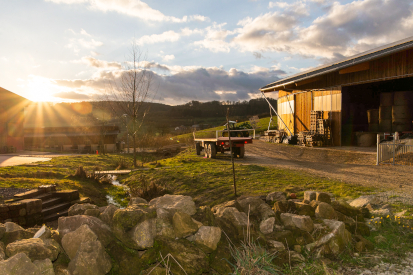
Bringing farming closer to the community
TEXT: NDÉLA FAYE | PHOTOS © KASS-HAFF
The Kass-Haff is a biodynamic farm where ethical, sustainable, social and philosophical factors are applied to the day-to-day the running of the business. Directors Anja Staudenmayer and Tom Kass, also husband and wife, have established their farm as a focal point at the heart of the community in Rollingen, Luxembourg.
The farm’s main products include potatoes, milk and meat. They have 440 chickens, 30 dairy cows and around 50 pigs on the farm, as well as some goats and horses, for educational use. “Our products are carefully produced, and we value ecological, organic methods, with special attention paid to biodynamics,” Kass states.
This biodynamic approach to agriculture was first adopted by Rudolf Steiner in 1924. In it, a farm is seen as a closed loop, made up of various organisms that thrive through biodiversity, and it grants equal importance to soil, plant, animal and human health. “One of the big philosophies for us is the wellbeing of our animals,” Kass explains.
In 2003, the farm was asked to host visits by Maison de la Nature, an organisation aiming to familiarise young children with nature. Five years ago, the farm moved to a new location, and since then, the idea has grown into a successful business and fun activity for the whole community to partake in. Visitors include nurseries and schools, as well as individuals. “We now have more than 6,000 people visiting each year, ranging from group visits that last a few hours, to birthday parties,” Kass says.
The farm’s shop, Naturata, sells potatoes, dairy products and eggs, veal, beef and pork, as well as salami, various grilled sausages, bacon, and ready-cooked meat dishes, among other items. “Our meats are butchered by the local butchers, and we also sell our potatoes through the BioG cooperative, which also processes our farm’s dairy. Fifty per cent of the profit from our shop is reinvested into the farm,” Kass says.
Everything on their farm has been built with visitors in mind. “We want children to be able to interact with and touch the animals, so animal enclosures are easily accessible. This also allows education and knowledge on modern biodynamic farming practices to become more widespread. We have managed to create a big community around us, and our farm’s existence relies on community investors and visitors – and it is thanks to this community that we’ve been able to thrive,” Kass concludes.
Web: kass-haff.lu
Facebook: kasshaff
Subscribe to Our Newsletter
Receive our monthly newsletter by email
